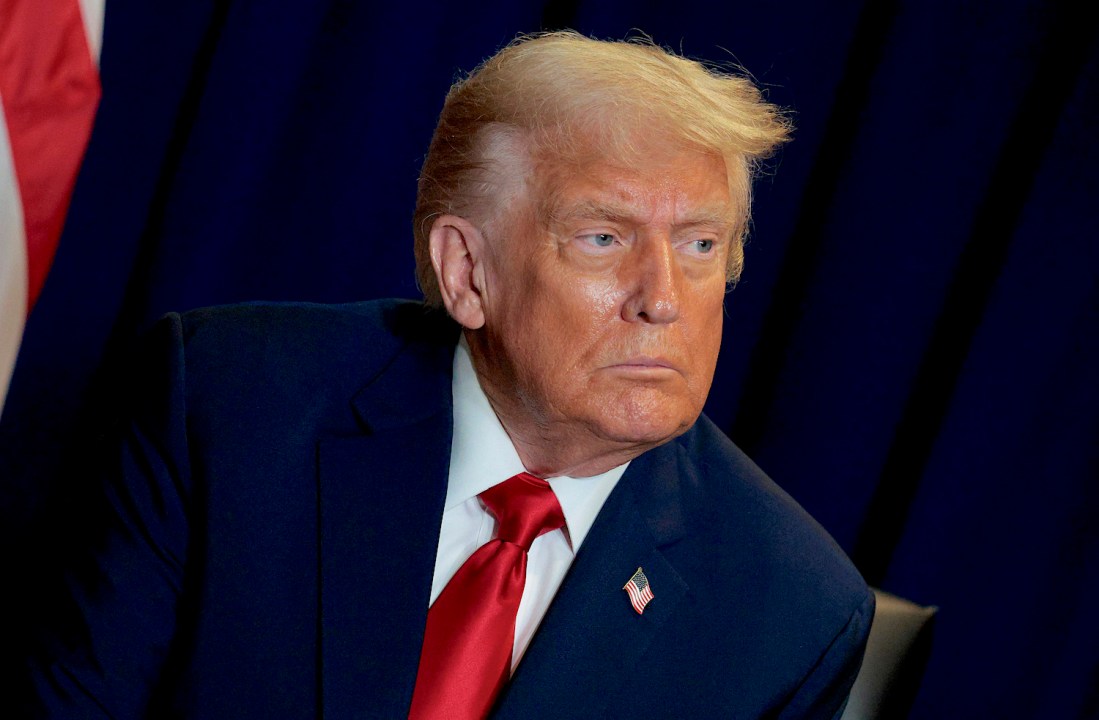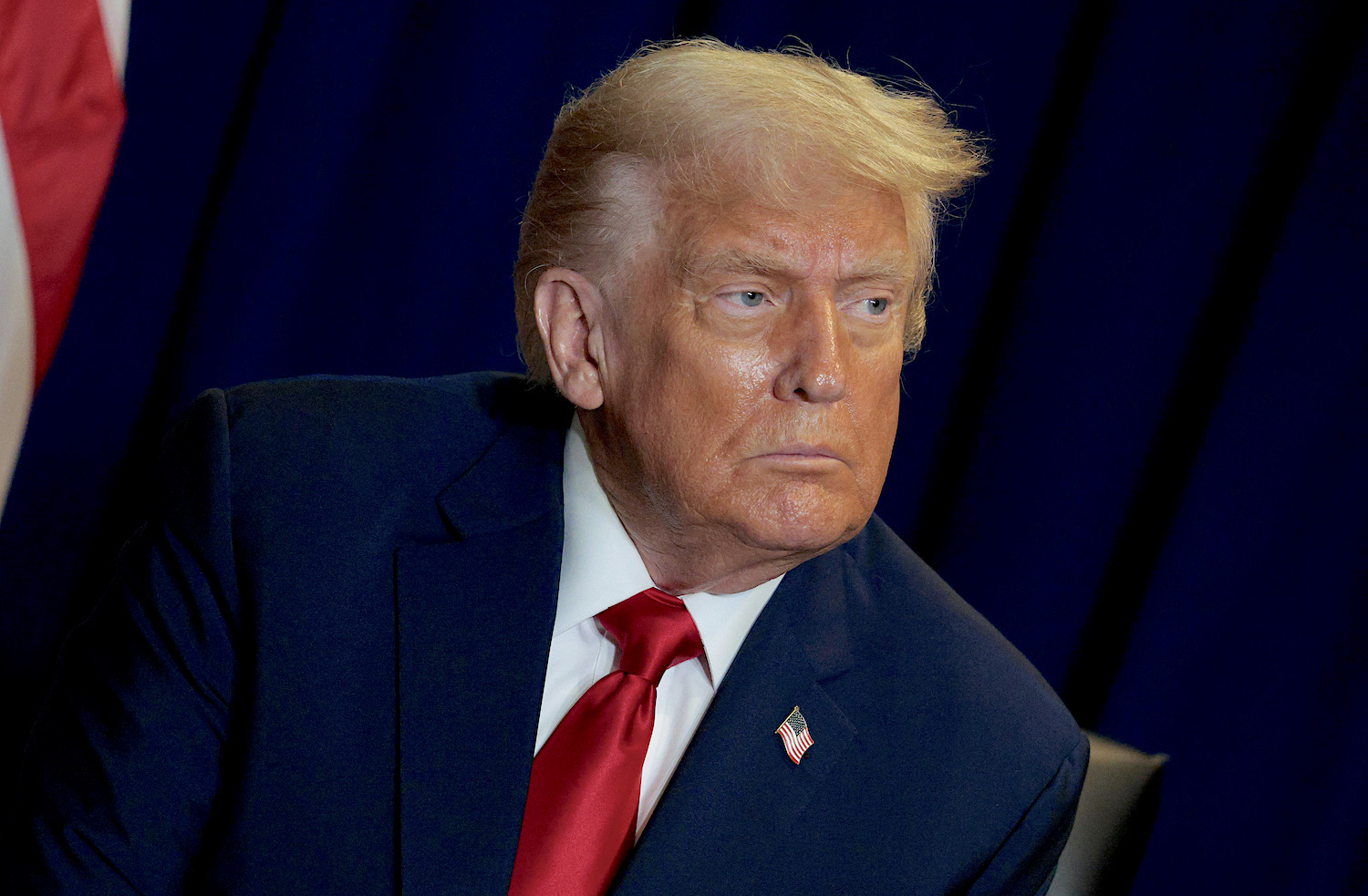The recent moves by Donald Trump to promote a plan to end the two-year war between Hamas and Israel in Gaza appear this time to be more serious and promising than in the past. The American administration, led by Steve Witkoff, the President’s special envoy for international conflicts, has been formulating for several weeks a detailed outline, whose main points are:
- The release of 47 remaining Israeli hostages held by Hamas in Gaza. Twenty are believed to be still alive – among them one woman – But Israeli intelligence and the families know that they are in bad health and starving and in miserable condition.
- Israel will release from its jails a few thousand Palestinian terrorists. Hundreds of them are murderers who were sentenced to life in jail.
- A permanent ceasefire.
- Gradual Israeli withdrawal from Gaza Strip.
- The Hamas government would be replaced by a Palestinian administration of technocrats, with some elements coming from the Palestinian Authority, which since 2007 has been present only in the West Bank.
- A security and police force consisting of Palestinians operating together with troops from Arab and Muslim countries. Egypt and Jordan have already started to train such a force.
- Rich Arab states such as Saudi Arabia, United Aran Emirates, Bahrain and a few others will allocate significant funds to run Gaza and to reconstruct the huge damage which the Israeli army has inflicted on its infrastructures.
The plan, which includes 21 clauses, was discussed this week at a highly important meeting of Arab state leaders on the sidelines of the UN General Assembly in New York with President Trump. Also attending the meeting were Turkish President Erdoğan and representatives from Pakistan – a country that does not maintain diplomatic relations with Israel.
The White House has also suggested that former British Prime Minister Tony Blair head a temporary administration to govern the Gaza Strip. He would oversee an international authority that would manage the initial reconstruction and administration of the Strip, before the Palestinian government took over. During this initial period, an international force would be stationed in Gaza to secure the Strip’s borders and prevent Hamas from rebuilding. An Israeli source said that Israel is not dismissing the plan.
According to Arab diplomatic sources, Trump asked the Arab leaders to support the plan and the reconstruction of Gaza. The sources said the meeting was positive and successful, and the Arab leaders came out with a smile with their thumbs up and the sense that Trump ‘means business’.
The sources also reported that Trump is committed to not allowing Israel’s extreme right-wing government, led by Benjamin Netanyahu, to annex parts of the West Bank. Netanyahu hinted that he intends to do so as a punishment for the decision this week of important Western countries such as Britain, France, Canada, and Australia to recognise a Palestinian state alongside the state of Israel. To date, about 150 countries – constituting around 75 per cent of all nations in the world – have recognised the Palestinian state.
During his first term, Trump blocked Netanyahu’s intentions to annex the Jordan Valley of the West Bank and introduced his peace plan, which he called ‘the Deal of the Century.’ It wasn’t even the deal of the decade, although Trump did lead a process that brought about the Abraham Accords, which established diplomatic relations between Israel and Bahrain, the UAE, and the renewal of relations with Morocco. However, Trump failed to advance any political settlement between Israel and the Palestinian Authority.
In contrast to the optimism expressed by the Arab leaders, Israeli diplomatic sources were less adamant and estimated that there are many hurdles ahead before the plan could be implemented, and until then it will undergo updates and changes. Netanyahu will deliver a speech today at the UN General Assembly, though the hall will be quite empty since most world leaders have already returned to their countries.
For the first time in Israel’s history, the Prime Minister’s plane was forced to take a longer route – about 600km more, mostly over the Mediterranean Sea and the Strait of Gibraltar – instead of the shorter, direct path to the United States. This was due to fears that if his plane fly over Europe, authorities in some countries might intercept it, order it to land, and arrest Netanyahu, against whom the International Criminal Court in The Hague has issued an arrest warrant on charges of war crimes committed by the Israeli army in Gaza.
All this comes against the backdrop of Netanyahu, his ministers, and Israel as a whole finding themselves increasingly isolated in the world, gradually turning into a pariah state subject to economic, military, and cultural sanctions. For now, these sanctions are relatively light and not severely damaging to Israel, but there is growing concern within the country that this could escalate into a tsunami.
Until now, Netanyahu has always managed to bend Trump to his own interests
The moment of truth – and Trump’s test – will come on Monday, when he meets Netanyahu at the White House to discuss the plan. Trump has previously, on several occasions, expressed his support for the release of the hostages and an end to the war, and has voiced harsh criticism of Netanyahu, expressing disdain because of the war in Gaza. Trump even accused Netanyahu of deliberately sabotaging efforts to end it.
The obstacles are many. Hamas refuses to disarm, and Netanyahu, for his part, opposes a complete withdrawal from Gaza. He also wants Israel to take control of security for the Strip, is unwilling to commit to a permanent ceasefire, and does not want the PA running Gaza.
Netanyahu fears that if he accepts Trump’s outline, the extremist messianic ministers Bezalel Smotrich and Itamar Ben Gvir in his coalition, who advocate annexing the West Bank, building Jewish settlements and expelling the Palestinian, will resign. In such a scenarios, the government will collapse, and the general elections scheduled for November 2026 will be brought forward. According to all public opinion polls from the beginning of the war until today, they consistently show that Netanyahu – who is facing three trials on corruption and bribery – would lose those elections.
Netanyahu faces a tough dilemma: should he side with the extremists in his government, which would allow him to keep clinging to his seat, or risk incurring the wrath of an angry Trump? On the other hand, past experience has shown that Trump speaks in lofty terms on international issues but does very little. Until now, Netanyahu has always managed to persuade Trump and bend him to his own interests. Will this time be different?








Comments